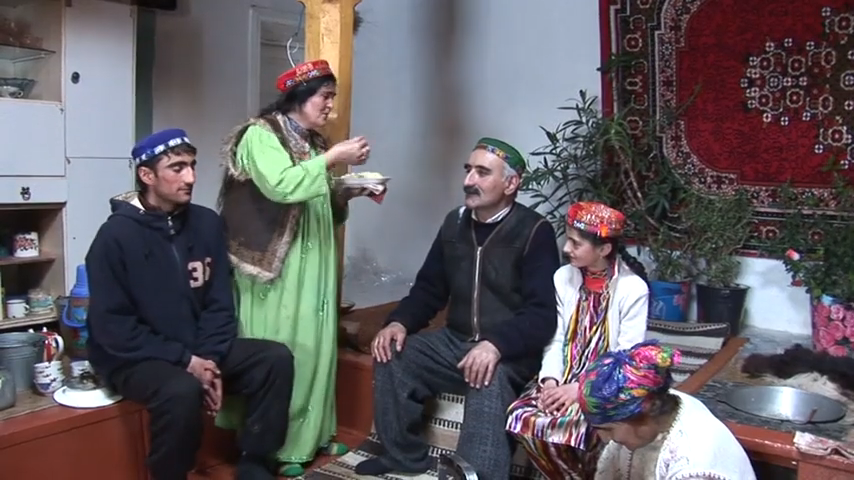Religious freedom in Tajikistan
While the country's Religious Affairs Committee claims positive results, international organisations denounce violations against radical Islam, but also against minorities such as the Ismailites, Jehovah's Witnesses and the Bahai.
Dushanbe (AsiaNews) - A meeting was held in Dushanbe between representatives of various religions, to discuss respect in Tajikistan for citizens' right to freedom of religious confession. The meeting was attended by the head of the country's Religious Affairs Committee, Sulaymon Davlatzoda, who said that ‘in recent years we have achieved many positive results in the field of religious freedom, and we now have great experience in coexistence among the followers of different religious communities and movements’.
In fact, Tajikistan is frequently criticised by international organisations, including the US Congressional Commission on Religious Freedom, for its many failures to respect these rights and especially for its violations of the rights of Muslims, the country's majority religion, and its persecution of Jehovah's Witnesses.
Davlatzoda challenged the audience to ‘recall any examples of discrimination for one's religious beliefs’, referring to cases of forced beard trimming or bans on wearing religious clothing and attributes in state offices as ‘mere personal beliefs’, as these are not legal obligations, but ‘in every office there are its own internal rules, for which we are not responsible’.
These statements sound rather hypocritical, considering the law signed in June by President Emomali Rakhmon ‘On the Order of Holidays and Rituals’, which among other things provides for a ban on ‘introducing, selling and wearing the clothes of foreign national cultures in public places’. The law does not make it clear exactly what is meant by ‘clothes that contradict the national culture’, but all commentators agree in interpreting these expressions as referring to Muslim fashions, with the prohibition of the hijab or the satr, and the long-standing practice of forcing beards to be shorter in various ways.
The Norwegian non-governmental organisation Forum-18 had reported in January on a series of violations of Ismailis' religious rights in the Gorno-Badakhšan autonomous region. The authors of the report noted how after the mass protests of the local inhabitants in 2022, the authorities continued to put pressure on this very religious community, to which the majority of the ethnic minority in the Pamir region refers. Continuous searches and confiscations of religious objects linked to the Aga Khan have been carried out, banning collective namaz gatherings even in private homes.
Two Ismailist centres in Dušanbe and Khorug (the capital of Gorno-Badakhšan) remain formally open, where, however, it is forbidden to organise educational and cultural meetings, allowing only the celebration of namaz under strict control. However, the head of the Ishmaelite community in the capital of Tajikistan, Makhrambek Makhrambekov, told the religious forum that ‘the creation and activities of an Ishmaelite community of Shia tendency in Dushanbe is the result of intense work for the recognition of constitutional guarantees and the achievement of independence in the religious field’.
Mekhranzes Mamadova, a follower of the Tajik community of the Bahá ‘í faith, said that although the State does not formally put obstacles in their way, the Baha'ís remain rather intimidated and perplexed by the behaviour of the country's central and regional authorities, perceiving a strong prejudice against them even from a large part of the population.
Bahaism professes the unity of the sources of all religions and the universal unity of humanity, a movement born a century and a half ago in Iran thanks to its founder Mirzo Husein Ali Nuri, called Bakha-ulla, and today gathers more than five million followers in 188 countries around the world, while in Tajikistan its followers number about a thousand and are part of religious minorities, such as Orthodox Christians and those of other traditions, including a few Catholics and Protestants.







.png)










